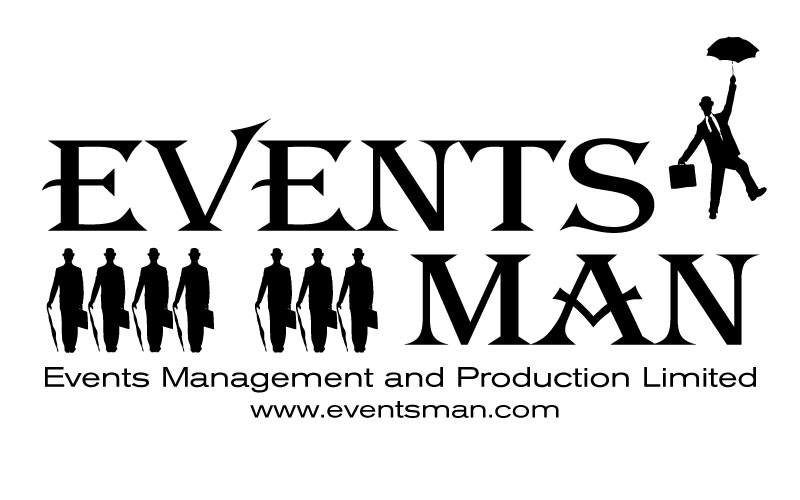 Auld Lang Syne – Work and Friends
Auld Lang Syne – Work and Friends
I work in the event industry and am very involved in The International Special Events Society. In our industry work and friendship often cross. Producing events is very similar to producing a theatrical play. Theatre people can tell you doing a production with a group is very intimate. You see a side of people that many never do. The emotional roller coaster of theatre often brings people together forming a strong bond not seen in many other professions. The event industry is very similar. We are a ‘super sub industry’ made up of individuals and small groups each in their own worlds until we come together to produce an event. The build up to the event starts slow, soon every day you are dealing with the same small circle of people, all working toward the same goal, communicating under stressful situations. In these situations, terms are negotiated, boundaries are set. Then comes the event when all the plans and thoughts come together in an incredibly intense situation. During these stressful times you get to see how a person reacts in many situations and often how they really are. This intensity creates valuable friendships that often continue long after the event.
I am not sure it works so well the other way around.
In normal situations friendships grow much slower. Meeting each other in the same social circle conversations often start as polite chat to find common ground and over time develop into engaging conversation. Boundaries are often found through a series of small test and often are not pushed far. What starts out as a like develops into a fondness. But in a work situation the dynamics change drastically. Many boundaries that were never tested suddenly become real issues. Friends who are normally light and jovial may be very different under the pressures of work and show a very different side.
10 things to remember when working with friends.
- Get it in writing
Having it in writing protects both of you and ensures everyone is clear about boundaries, remuneration and what happens if there is a problem.
- Take the time to explain the expectations
Make sure everyone understands just what is expected of all parties and the processes. It is easy to think we are ‘just doing it for fun’ or I am ‘helping out a friend”
- Take nothing for granted
With friends it is easy to jump to conclusions like “he wont mind” “it’s okay he’s a friend of mine”. Separate your friendship and ask yourself, Am I treating him different because he is a friend?
- Remain professional
Always be professional, don’t expect preferential treatment or share personal information about each other at work.
- It’s always personal
You might be professional but it is impossible to separate entirely. If you have a complaint or problem remember your friends too.
- Separate work and friendship
Sometimes you just have to turn one off and focus on what is important.
- Don’t be exclusive
We often gravitate towards people we like. Be careful not to exclude others.
- Be honest about issues
Got a problem? Say it don’t let things that bother you cross into other aspects of your friendship (or work).
- Do you really want to work with them?
Ask yourself is this something I really want to do? Why am I doing it? Are they the best option?
- Get it in writing
Always!

